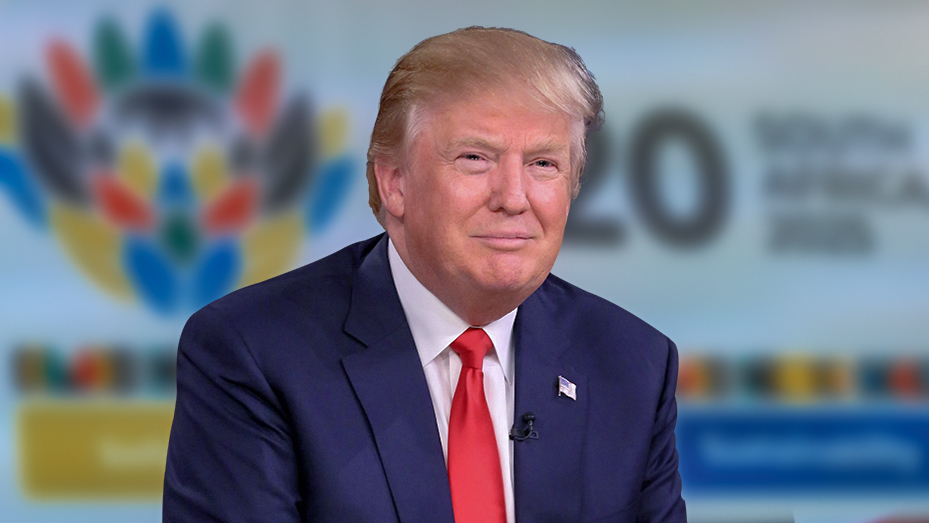U.S. President Donald Trump on Friday criticized the Palestinian militant group Hamas for allegedly undermining ongoing ceasefire negotiations with Israel. Speaking at a campaign rally, Trump claimed that Hamas had no genuine interest in reaching a peace deal and suggested that the group had a death wish.
“It was too bad. Hamas didn’t really want to make a deal. I think they want to die,” Trump said, reacting to the collapse of indirect talks that had been taking place in Qatar.
The negotiations, mediated by Qatari officials, had stretched for more than two weeks with diplomats shuttling between Israeli and Hamas representatives. The talks aimed to secure a temporary ceasefire and the release of remaining Israeli hostages, believed to be held in Gaza after nearly two years of relentless conflict.
Trump attributed the failure of the talks to Hamas’s unwillingness to compromise, particularly at a critical stage. “Now we’re down to the final hostages, and they know what happens after you get the final hostages,” he said, implying that Hamas fears retaliation once the hostage issue is resolved.
The former president’s remarks come amid growing international frustration over the lack of progress in ending the conflict. Despite calls from various world leaders and humanitarian organizations, a permanent truce remains elusive.
Trump also took aim at French President Emmanuel Macron’s recent decision to recognize a Palestinian state. “He’s a very good guy, I like him, but that statement doesn’t carry weight,” Trump said, brushing off Macron’s move as symbolically hollow and diplomatically ineffective.
Macron’s recognition of a Palestinian state has stirred debate in European political circles and drawn criticism from Israel. Trump’s dismissal underscores the enduring U.S. position under his influence—prioritizing Israel’s security concerns over unilateral recognition efforts.
With the conflict in Gaza intensifying and diplomatic efforts faltering, Trump’s statements are likely to resonate with his political base, many of whom support a hardline stance on Middle East policy. However, critics argue that such rhetoric risks further polarizing an already volatile region.

